Getting to grips with racism in Switzerland

Swiss cantons and cities have joined forces to stamp out racism, which some observers say is on the rise. But their week-long campaign only targets part of the country.
Seven French- and Italian-speaking cantons this week launched the first joint anti-racism action on the International Day for the Elimination of Racial Discrimination, under the slogan “Diversity – a Swiss value?”
“It’s our common wish to pass a positive message about diversity,” Gabriella Amarelle, Lausanne’s integration delegate, told reporters at the launch of the campaign in Geneva on Wednesday.
Switzerland, which boasts four national languages, is a melting pot of people from different countries, cultures and religions: its 1.7 million resident foreigners account for 22.3 per cent of the population.
This ratio varies considerably from canton to canton, ranging from 40 per cent in Geneva to eight per cent in Uri in the centre of the country.
Isabel Rochat, the Geneva councillor in charge of the police, said it was important to highlight Switzerland’s diversity and multicultural tradition.
“Current tensions are conducive to exploitation by populist parties,” she told the media. “We are going through a period that favours intolerance linked to the polarised world we live in and fears over insecurity and employment. The dangers of racist excesses are very present in society.”
The joint initiative by cantons Geneva, Vaud, Jura, Fribourg, Neuchâtel, Valais and Ticino focuses on key sectors of integration such as schools, housing, employment and sport. It includes poster and facebook campaigns as part of an extensive programme.
At the launch Geneva announced plans to open an anti-racism hotline this year for victims as well as those responsible for discrimination. This mirrors a similar service set up in Lausanne in May 2011.
South-west focus
Anti-racism prevention campaigns are relatively recent phenomena in Switzerland, dating from the middle of the 1990s. They generally have a local focus.
Geneva launched a week-long anti-racism week in 2006 inspired by the initiative started in Quebec, Canada, in 2000. Other Swiss cities have since followed suit.
Alongside 104 other municipalities, Geneva, Lausanne, Bern, Zurich and Winterthur are all members of the European Coalition of Cities against Racism, which was initiated in 2004.
But specialists say Switzerland’s current anti-racism focus is very lop-sided, with few activities in the majority German-speaking region.
“Depending on the canton, there are integration delegates in German-speaking regions and there are isolated anti-racism events, but there is no grassroots movement,” Martine Brunschwig-Graf, president of the Federal Commission against Racism, told swissinfo.ch.
“How can we extend this campaign to make it national while keeping the local specificities? This is the challenge.”
Hans Stutz, a Lucerne-based journalist who covers race and discrimination issues, was more categorical.
“There is not much going on here in the German-speaking regions. There are fewer anti-racism organisations than in the past,” he noted.
“In the French-speaking regions they are more intellectually oriented towards France and what happens there, while it’s different in German-speaking areas. It’s much harder to do grassroots work. There is much less support for activists and funding.”
Rising intolerance?
The new campaign comes hot on the heels of a review of Swiss policies and practices by the Council of Europe’s human rights chief Thomas Hammarberg, who in February called for an overhaul of Swiss anti-discrimination law and policy in the face of rising intolerance and racism.
However, such reported increases remain difficult to prove, as statistics on discrimination are not collated in the same way nationwide and may be interpreted differently, say specialists.
“In terms of monitoring we are still at the beginning and are starting to build a network,” said Amarelle.
The most recent report by the Federal Commission against Racism and the non-governmental humanrights.ch said reported cases of racism against blacks and Muslims went up in Switzerland in 2010.
Earlier this week anti-racism organisations said the number of attacks against Jewish interests in Switzerland had increased in 2011.
But a “Racism in Switzerland” study compiled by the Foundation against Racism and Anti-Semitism (GRA) reported a drop in the number of racially-motivated incidents last year – 66 compared with 109 in 2010 and 139 in 2007.
Progress?
Some activists believe progress is being made.
“The 2011 figure will go up as incidents from last year continue to pop up, but it’s unlikely to get near previous years’ figures. The trend is downwards,” said GRA president Ronnie Bernheim.
He argued that 2011 had been “less aggressive politically” and people had become “more sensitive” to the issue.
“I believe that the work of different organisations and the government is starting to bear some fruit,” he said.
But Stutz was more guarded.
“In a certain way the situation has improved as a result of anti-racism work. People are more careful about not going beyond the limits. And lots of things happen that are not made public as there are no anti-racism groups or activists to talk about them,” he said.
“There is a great deal of defamation against Muslims but Muslim organisations in Switzerland don’t collect [joint] information; Jewish organisations are different.”
The number of foreigners living in Switzerland has risen by nearly three per cent over the past year, statistics from the Federal Migration Office reveal.
At the end of August, 1,751,301 foreigners were living in Switzerland, accounting for 22.3 per cent of permanent residents in the country.
Citizens of the European Union and Liechtenstein, Norway and Iceland increased by 43,805 to 1,129,638 people in the year from the end of August 2010 to the end of August 2011.
The rise in foreign permanent residents is due to increases in nationals from Kosovo (+17,864), Germany (+14,395), Portugal (+9,816), France (+4,388) and Britain (+2,365), the Migration Office said in a statement.
Italians are the largest foreign national group with 289,555 people, followed by Germans with 272,906 people, Portuguese with 220,446 people, Serbs with 105,737 people and French with 97,288 citizens resident in Switzerland.

In compliance with the JTI standards
More: SWI swissinfo.ch certified by the Journalism Trust Initiative

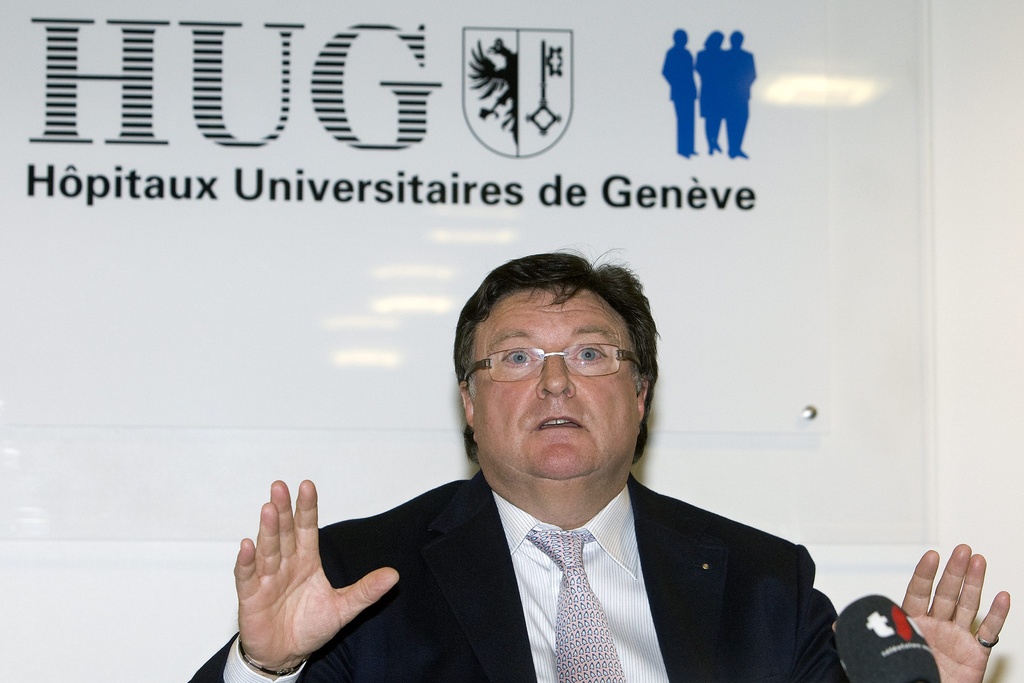
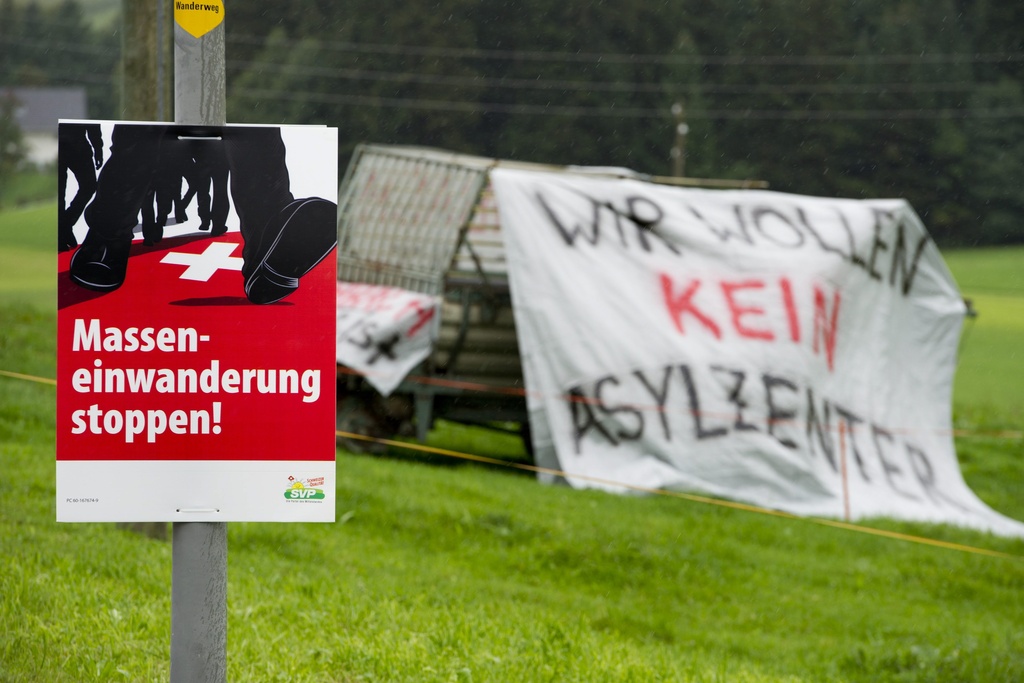
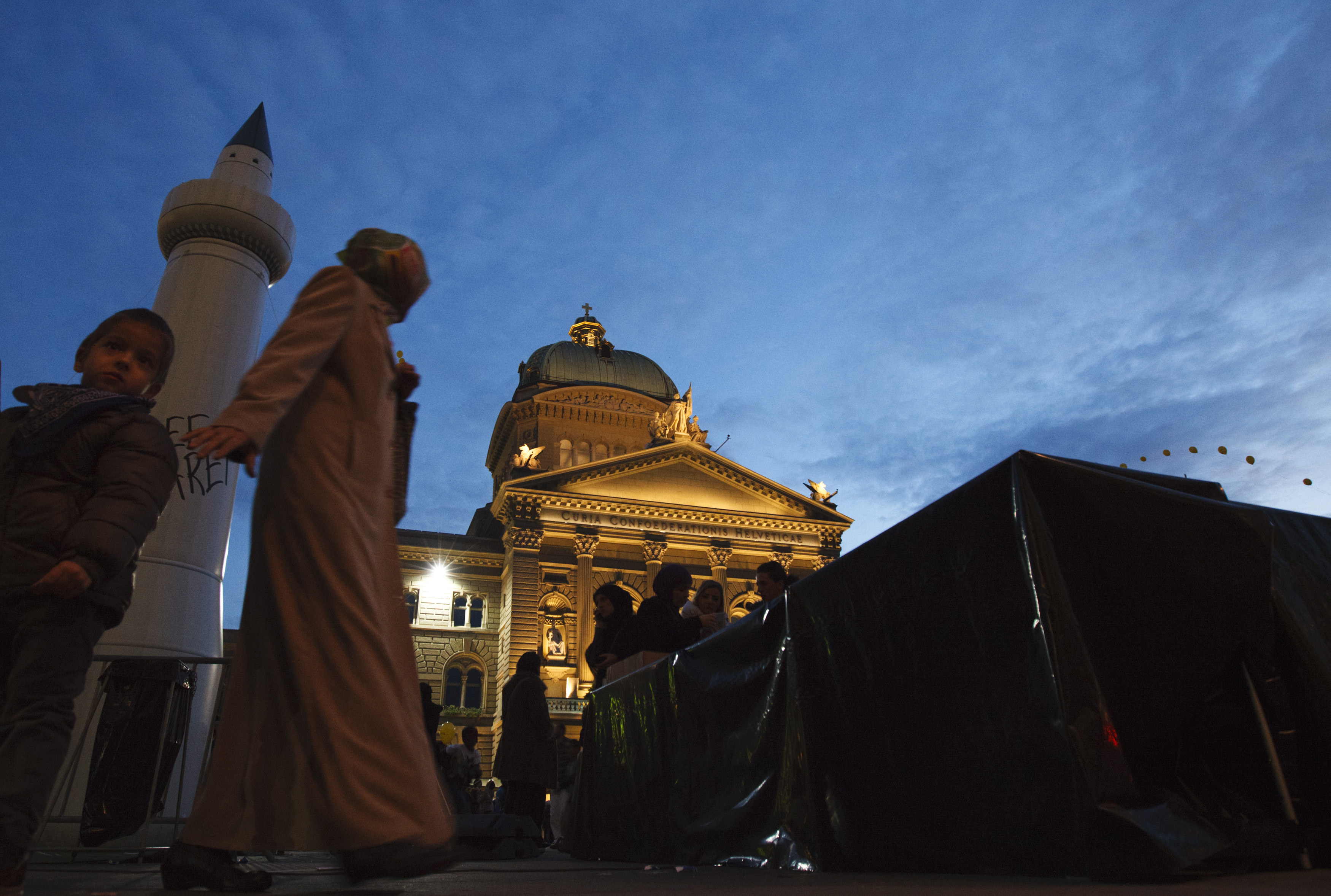

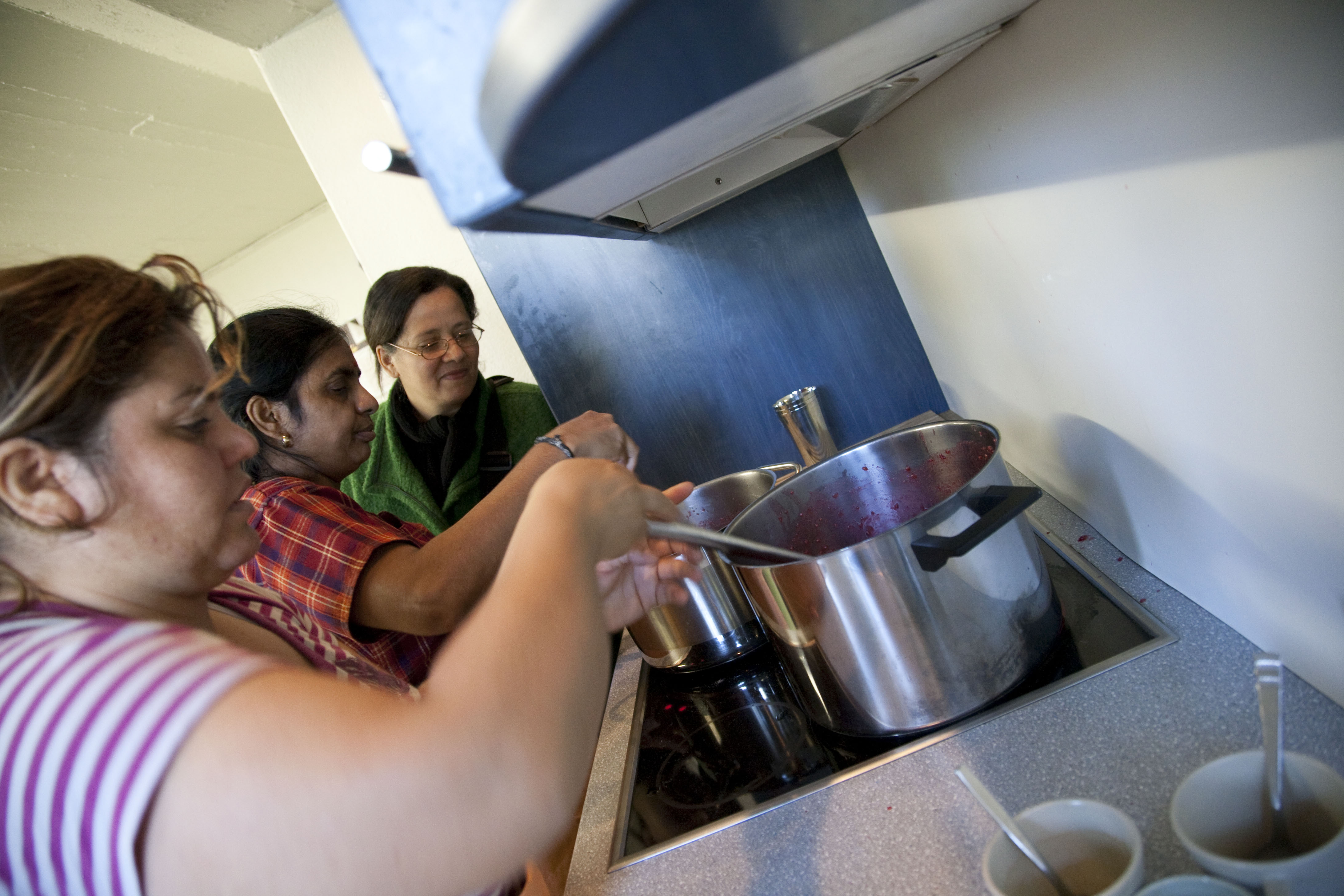
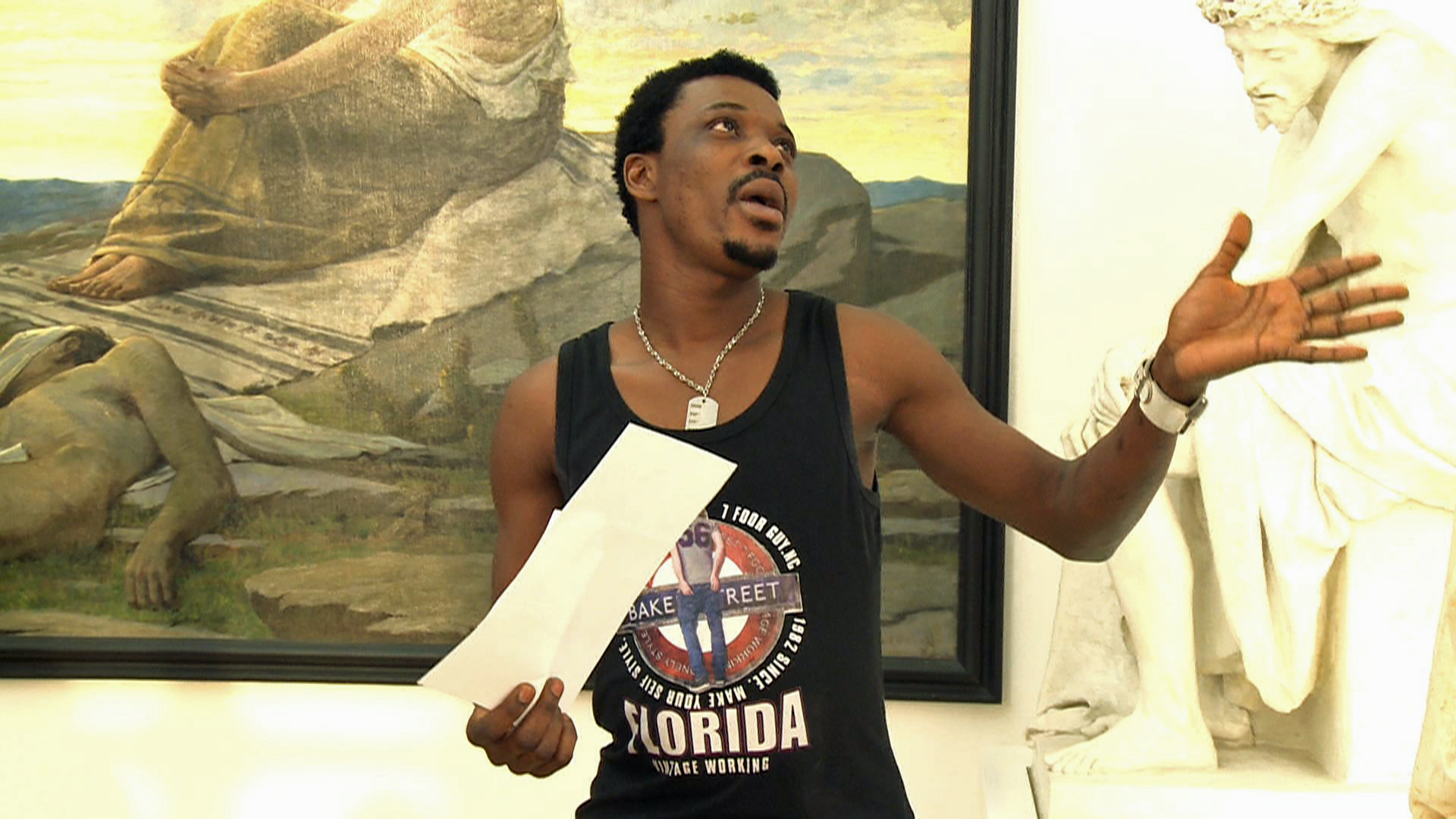
You can find an overview of ongoing debates with our journalists here. Please join us!
If you want to start a conversation about a topic raised in this article or want to report factual errors, email us at english@swissinfo.ch.